

Nine out of 12 applicants were selected in the third selection of the program for top-notch academic talent cultivation launched by the School of Journalism of Renmin University of China on December. 4.
Twelve students were chosen in this third selection in total, including three standing out in the selection oriented to undergraduates held before.
The program initiated since 2017 is to promote the Double First-Class construction of Journalism and Communication and improve the quality of talent cultivation, providing students pursuing an academic career with special research funds, priority for overseas exchanges and targeted expert guidance.
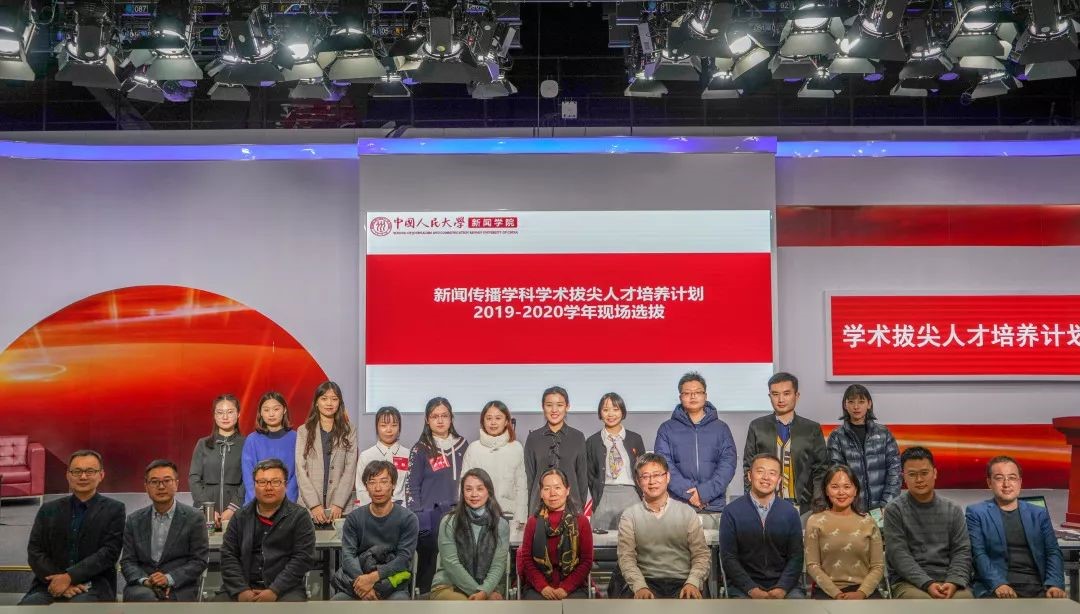
Applicants presented their research plans and answered the questions raised by the judges in the public interviews of the multi-candidate selection, and finally, the selection committee scored and announced the list.
Professor Cai Wen from Renmin University of China served as the chairman of the selection committee, which consisted of experts from RUC and other universities, including Professor Peng Lan from the School of Journalism and Communication, Tsinghua University, Professor Zhang Yuqiang from Communication University of China, Assistant Professor Wang Hongzhe from the School of Journalism and Communication, Peking University, and Professor Wang Bin, Associate Professor Huang He, Associate Professor Li Biao, Associate Professor Liu Dong and Associate Professor Yan Yan from the School of Journalism of RUC.
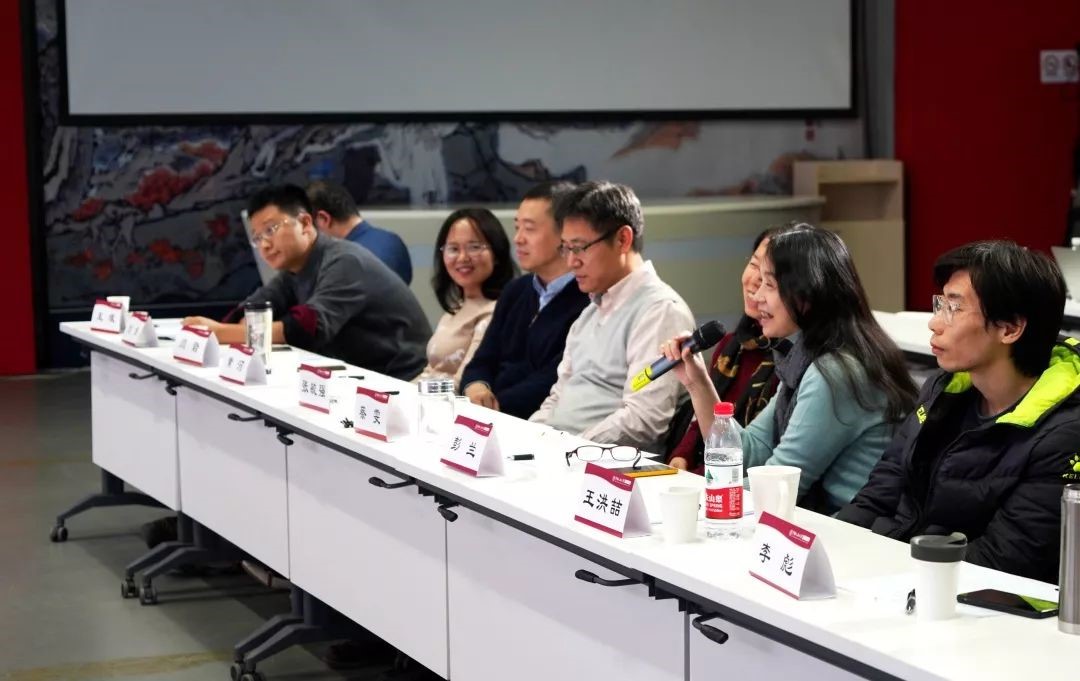
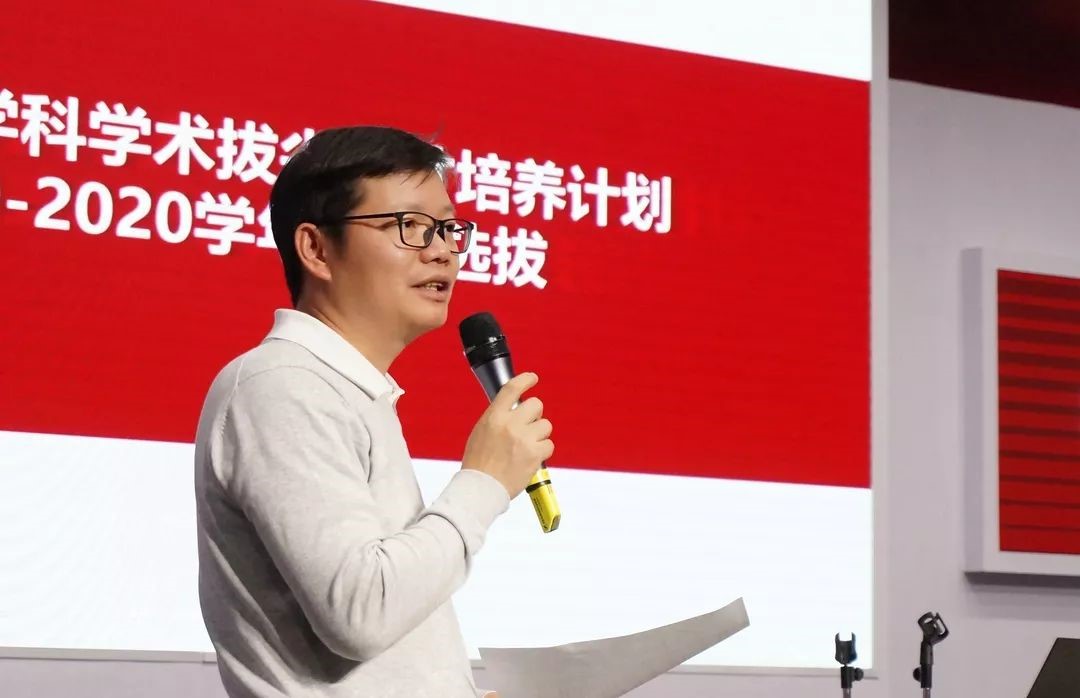
(Zhou Yong, Associate Dean of the School of Journalism, introduced the cultivating plan)
Three representatives of the judges delivered speeches on behalf the selection committee after the selection activities.
“I have been a judge for three years in a row and every time I not only gave advice to students but also learnt a lot, including researches and methods from students in the competitive and high-level academic selection. Studies from undergraduates in the first two times showed more potential and enthusiasm. Nowadays we stress to let undergraduates participate in scientific researches and to form a mutually-assistant team mechanism of undergraduates, postgraduates and doctoral students, which we have been exploring methods to implement. I hope to continue to participate and to learn in the future,” said Assistant Professor Wang Hongzhe from the School of Journalism and Communication, Peking University.
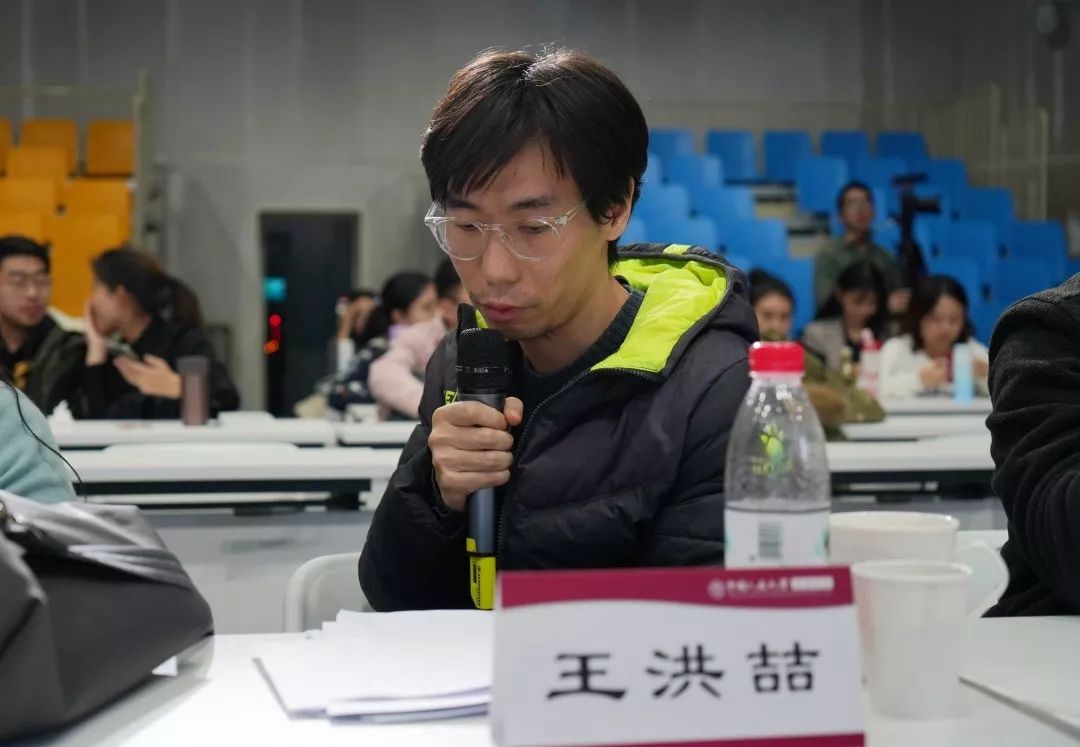
"This is a very good and rare training occasion. Students usually get limited feedbacks of their reading, thinking and writing. But today there are so many teachers with various theoretical purports and training backgrounds on the scene, and the scale of the selection is larger than that of the general dissertation defense while applicants should instantly answer the questions. It is not easy to get chosen. No matter what kind of comments and suggestions are given to topics students delivered, I believe everyone will absolutely get enormous improvements after academic discussions and collisions,” said Professor Wang Bin from the School of Journalism of RUC.
Professor Wang Bin also noted that teachers' questions will enlighten students in multiple dimensions, motivating students to think whether their research logic is comprehensive, whether the research design is rigorous, whether the research perspective is feasible and whether the research significance is fully explained.
He said that although questions raised by teachers are different, their same intention is to see students turn to be a well-trained and relatively mature researcher, cross the threshold and get enhancement on the academic road. Everyone will certainly obtain a lot of hidden knowledge in this “second classroom” that is the crux of holding this program, indispensable for an independent researcher and cannot be learnt from conventional reading and writing.
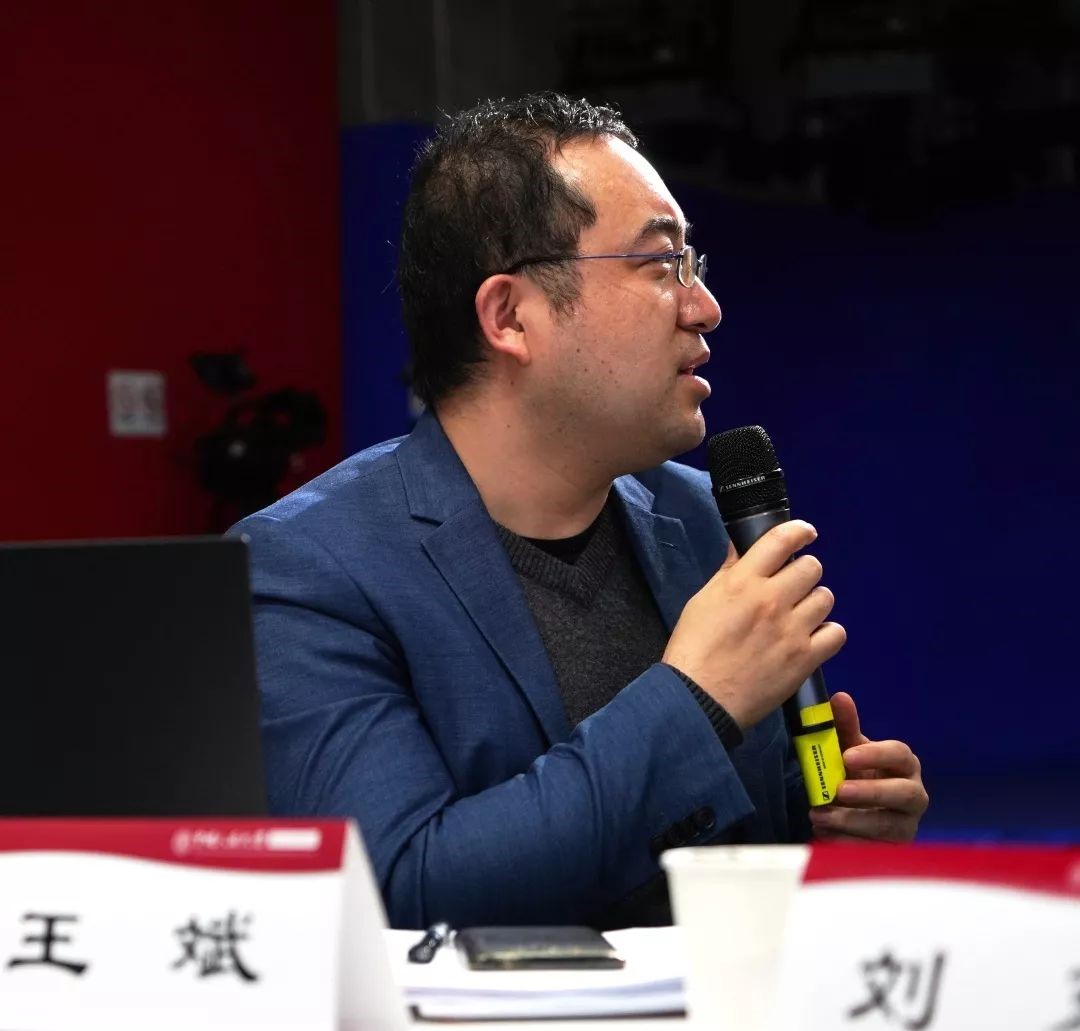
“In general, I would like to raise two suggestions. Firstly, I hope that students can pay more attention to “people” in studies of our discipline and put forward research questions concerning with “people” in society. The changes of technology and society are still rooted in people, and social changes are created, promoted and composed by people. Secondly, after putting forward a good research question, we should apply good basic skills to answer it. I hope students can read more papers, master more methods, keep themselves grounded to collect solid data and answer the question theoretically and practically. Finally, I hope more and more students of RUC can pass on the academic achievements and spirits to generations. Following Mr. Fang Hanqi’s appeal, we hope to combine the studies in Journalism and History of Journalism with reality and encourage more young people to join,” said Associate Professor Yan Yan from the School of Journalism of RUC.
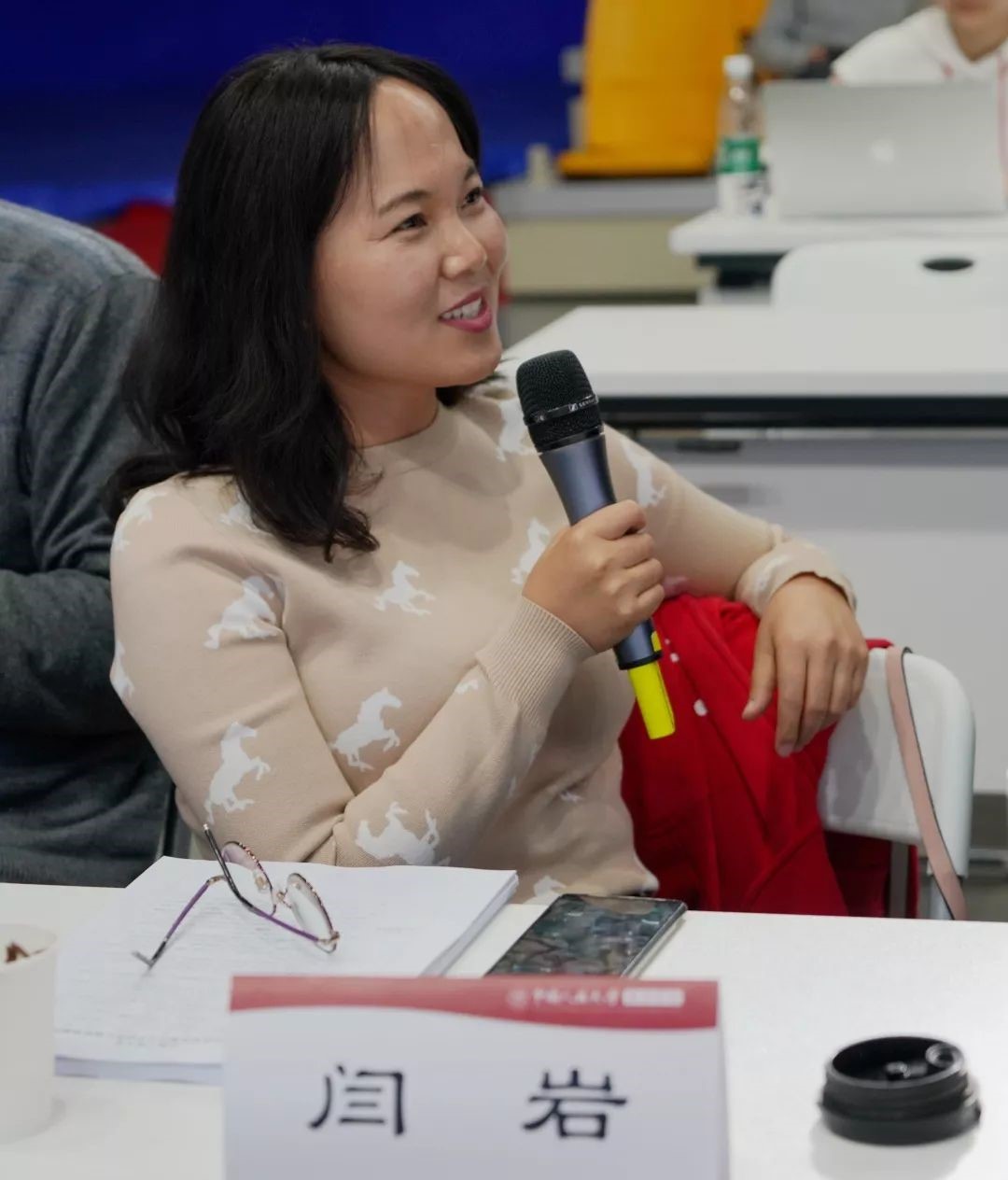
Fourteen out of 18 applicants were chosen in the second selection in 2018, including three undergraduates, three graduates and eight doctoral students. Thirteen out of 18 applicants were chosen in the first selection, including two undergraduates, three graduates students, eight doctoral students.
Name List of the Selected Students:
Li Hongjiang, the Ph.D. students of year 2018
Wang Ruilu, the Ph.D. students of year 2018
Qin Yidan, the Ph.D. students of year 2019
Ling Yu, the Ph.D. students of year 2019
Wang Yixi, the Ph.D. students of year 2019
Li Jing, the graduates of year 2018
Zhang Xue, the graduates of year 2018
Fu Xiaoya, the graduates of year 2018
Gao Linxuan, the graduates of year 2018
Ge Shurun, the undergraduates of year 2016
Zhao Jiaqi, the undergraduates of year 2016
Lin Anqi, the undergraduates of year 2016
Editor/Meiyu Zou
